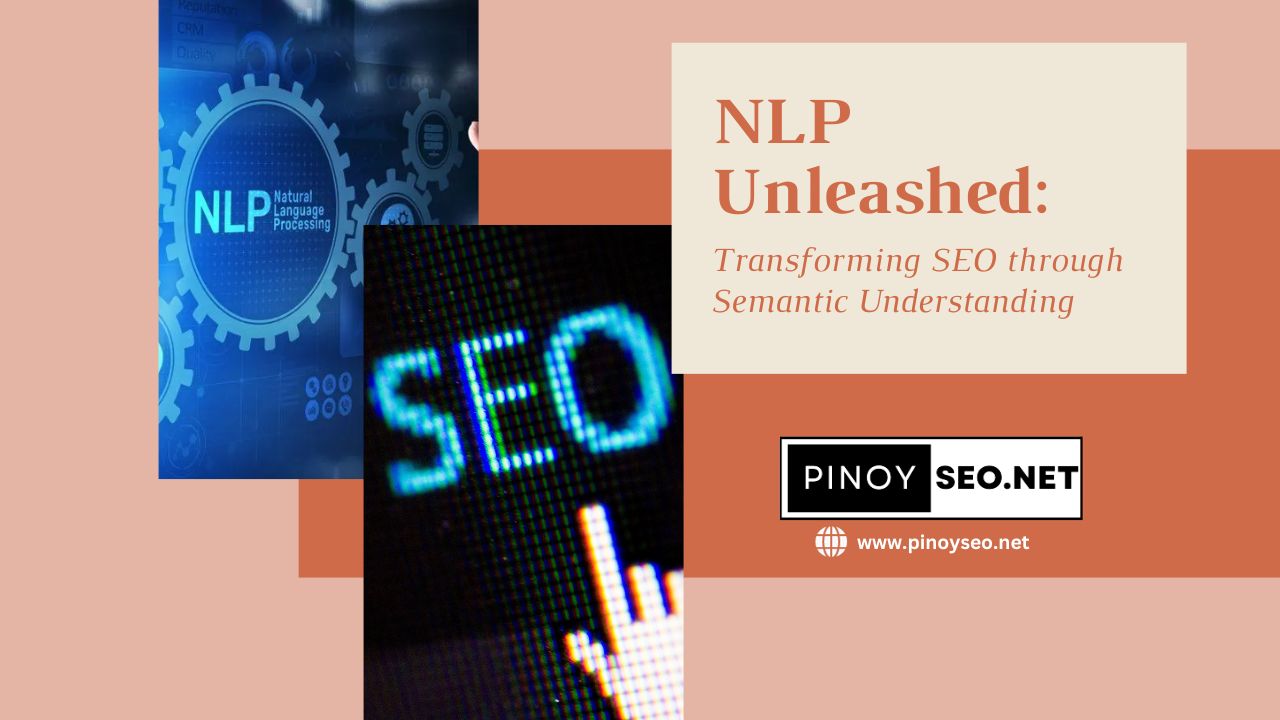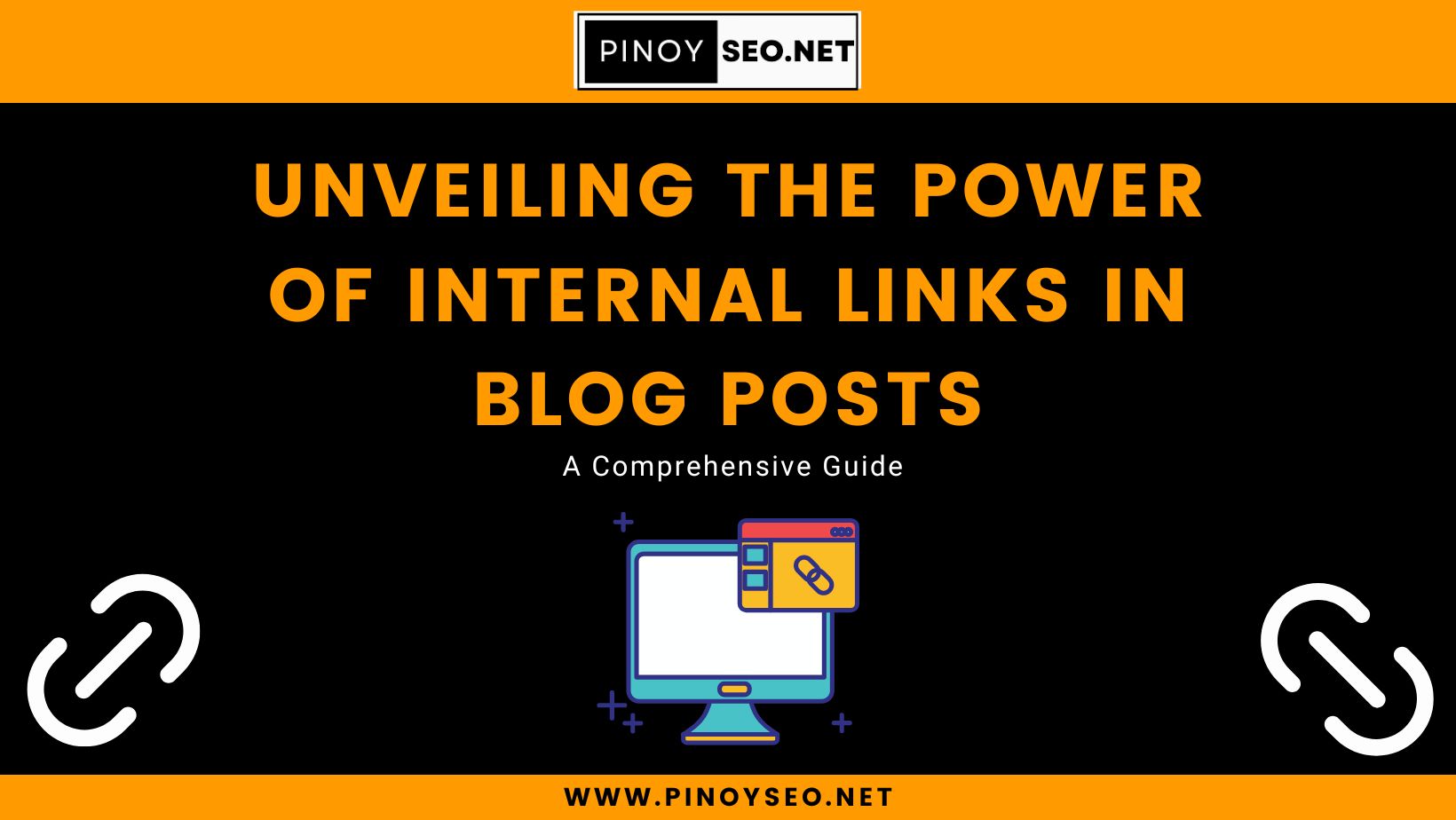In the dynamic realm of SEO, staying ahead of the curve is not just a competitive advantage; it’s imperative for success. One of the most intriguing advancements in recent years has been the integration of Natural Language Processing (NLP) into the SEO landscape. This groundbreaking technology is reshaping how search engines interpret and rank content. In this article, we’ll delve into the transformative power of NLP and how it’s revolutionizing the way we approach SEO.
The Semantic Revolution
Semantic SEO is not a new concept, but its application has been significantly enhanced by the integration of NLP. Traditionally, SEO has largely revolved around keyword optimization. While keywords remain important, semantic SEO expands the focus to understand the context, intent, and meaning behind the words. This is where NLP steps in.
Understanding Natural Language Processing
At its core, NLP is a branch of artificial intelligence that deals with the interaction between computers and humans through natural language. It empowers machines to comprehend, interpret, and generate human-like text, allowing for a deeper understanding of context and nuance.
NLP in Action
- Contextual Relevance: NLP enables search engines to grasp the contextual relevance of content. It understands synonyms, antonyms, and the relationship between different words. For instance, if a user searches for “laptop reviews,” NLP ensures that the results include articles about “notebook evaluations” and “computer assessments.”
- Intent Recognition: It goes beyond literal keyword matches and identifies the underlying intent of a search query. For example, if someone searches for “best running shoes,” NLP discerns that the user is interested in purchasing athletic footwear and not seeking historical facts about shoes.
- Entity Recognition: NLP excels at recognizing entities, such as people, places, organizations, and more. This is invaluable for local SEO, as search engines can now associate businesses with specific locations even without explicit geographic keywords.
Elevating User Experience
One of the most significant impacts of NLP on SEO is the enhancement of user experience. By understanding user intent more accurately, search engines can deliver more relevant results. This reduces bounce rates, increases dwell time, and ultimately signals to search engines that your content is valuable and user-friendly.
Optimizing for NLP
To leverage NLP in your SEO strategy, consider the following:
- Focus on Comprehensive Content: Write content that comprehensively covers a topic. Address related subtopics and provide in-depth information to cater to semantic search queries.
- Natural Language Usage: Write in a natural, conversational tone. Avoid keyword stuffing and aim for content that genuinely serves the needs of your audience.
- Structured Data Markup: Implement structured data to provide explicit context to search engines. This helps them understand the relationships and entities within your content.
- User Engagement Metrics: Monitor user engagement metrics like bounce rate, click-through rate, and dwell time. These metrics provide insights into how well your content aligns with user intent.
Embracing the Future of SEO
As the digital landscape continues to evolve, embracing technologies like NLP is crucial for maintaining a competitive edge in SEO. By understanding the semantic context of content, we not only optimize for search engines but also create richer, more valuable experiences for users. NLP is not just a buzzword; it’s a paradigm shift that’s reshaping the future of SEO.


